The Essential Role of Wood in Yoruba Rituals and Ceremonies
In the rich tapestry of Yoruba culture, wood plays a pivotal role, not just as a material, but as a symbol and conduit for spirituality and tradition. From carving sacred sculptures to crafting intricate masks, wood is deeply interwoven into the rituals and ceremonies that define the Yoruba way of life. This blog explores how this natural resource is much more than a mere tool; it is an embodiment of cultural heritage and spiritual significance.
Historical Significance of Wood in Yoruba Culture
Throughout history, wood has been a vital element in Yoruba culture due to its abundance and versatility. The cultural significance of Yoruba divination practices further emphasizes the foundational role of wood in shaping religious artifacts and tools. Carvings made from wood were more than artistic creations; they served as essential items for accomplishing spiritual goals. The artistry seen in Yoruba woodcraft illustrates the intricate interplay between cultural heritage and artistic expression, which has been passed down through generations. Over time, these practices have helped solidify the importance of wood within Yoruba society.
Wooden artifacts are not only ancient but hold a continuous presence in modern practices. From everyday tools to elaborate religious items, the historical intimacy between the Yoruba people and their natural surroundings manifests in the reliance on wood in sacred contexts. Wood facilitated both functional and ceremonial purposes, bridging mundane existence with the divine realm. For many years, it has aided in crafting the very objects used in Yoruba divination and Esu offerings, as illustrated by the intricate carvings explored here. These items reinforce the spiritual and cultural heritage, allowing for an ever-present link to the ancestors.
Wood in Yoruba Rituals: A Spiritual Connection
The spiritual connection between wood and Yoruba rituals is profound and multi-layered. In many contexts, wood is seen as a living entity that embodies spiritual messages and narratives. By using wood in rituals, practitioners aim to create objects with inherent spiritual potency. For example, divination boards and ritual staffs are considered potent objects that invite divine presence, channeling the energies of the Yoruba pantheon and ancestors as they have for centuries.
Items carved from wood go beyond mere tools; they are often used in Yoruba settings to honor the gods and communicate with guiding spirits. According to the Yoruba tradition, each carving and its specific wood type can hold unique messages and symbolisms important in spiritual practices. During rituals, these meaningful objects serve as conduits, fostering a deeper understanding of spiritual doctrines such as those demonstrated in Yoruba divination practices. This reflects the Yoruba belief in the inherent life force within wood, which, when carved with spiritual intent, manifests divine communication.
Crafting Ritual Items: The Art of Woodcarving
Among the Yoruba, the art of woodcarving goes beyond aesthetic expression; it is imbued with spiritual and cultural meanings. The craftsmanship involved in creating ritual items requires not only technical skill but also a deep understanding of the symbolic meanings attached to different shapes and themes. Masks and statues crafted by skilled artisans often feature stylized figures or symbols representing various deities, blending beautifully into the sacred spaces within Yoruba communities. This signifies the cultural significance of woodcarving as an indispensable element in Yoruba spirituality.
The process of carving wood into sacred pieces is considered a spiritual act. Carvers may engage in rituals to invoke guidance from the orishas (deities) before beginning their work, ensuring each piece is sanctified and prepared for its destined role. This profound attention to detail and reverence ensures that the items become more than decoration; they transform into powerful religious objects that enhance ceremonial experiences, reinforcing community identity and continuity of traditional practices.
Wooden Offerings: A Gesture of Reverence
Wooden offerings in Yoruba culture function as powerful gestures of reverence, expressing gratitude and maintaining a dialogue between humans and the divine. Presented to ancestors and deities, these offerings encompass more than just physical tributes; they embody intentions and requests, serving to engage with the spiritual forces believed to govern human destiny. This gesture signifies respect and fosters communion with ancestral spirits, asking for their blessings and protection in personal or communal undertakings.
At Botanica Nena, practitioners can find various wooden offerings tailored to different Yoruba practices. These items aid in solidifying the connection with revere entities, making them essential for performing effective rituals. The intentionality involved in selecting specific items highlights the depth of spiritual belief linked to wooden offerings, ensuring these practices remain a cornerstone of Yoruba tradition over time.
Modern Interpretations and Continuity
In today’s world, the Yoruba continue to reinterpret traditional practices, blending them with contemporary perspectives to preserve their cultural heritage. The enduring relevance of wood in rituals and ceremonies is witnessed in this adaptive process. While useful for practical purposes, wood continues to symbolize strength, resilience, and divine connectivity, illustrating its modern-day significance. Contemporary influences manifest through the integration of new designs or techniques, showing how classic art forms can evolve to meet current needs without losing their spiritual core.
As Botanica Nena continues to provide an expansive selection of wood-based items, those seeking to engage with Yoruba practices find a bridge to both ancestral traditions and present-day spirituality. Here, modern interpretations ensure that the intricate craftsmanship and spiritual significance of traditional wooden artifacts remain a living, breathing part of community life. The ongoing dialogue between old and new supports the dynamic continuity of Yoruba spirituality, encouraging both respect for heritage and openness to development.
Preserving the Legacy of Yoruba Traditions
In Yoruba culture, wood is much more than a physical resource; it is an integral part of religious and cultural identities. Whether it is used to create sacred symbols or as part of offerings that connect the earthly and spiritual realms, wood remains an enduring symbol of the Yoruba people’s rich heritage. Future generations are entrusted with preserving this connection, ensuring that the traditions continue to thrive.




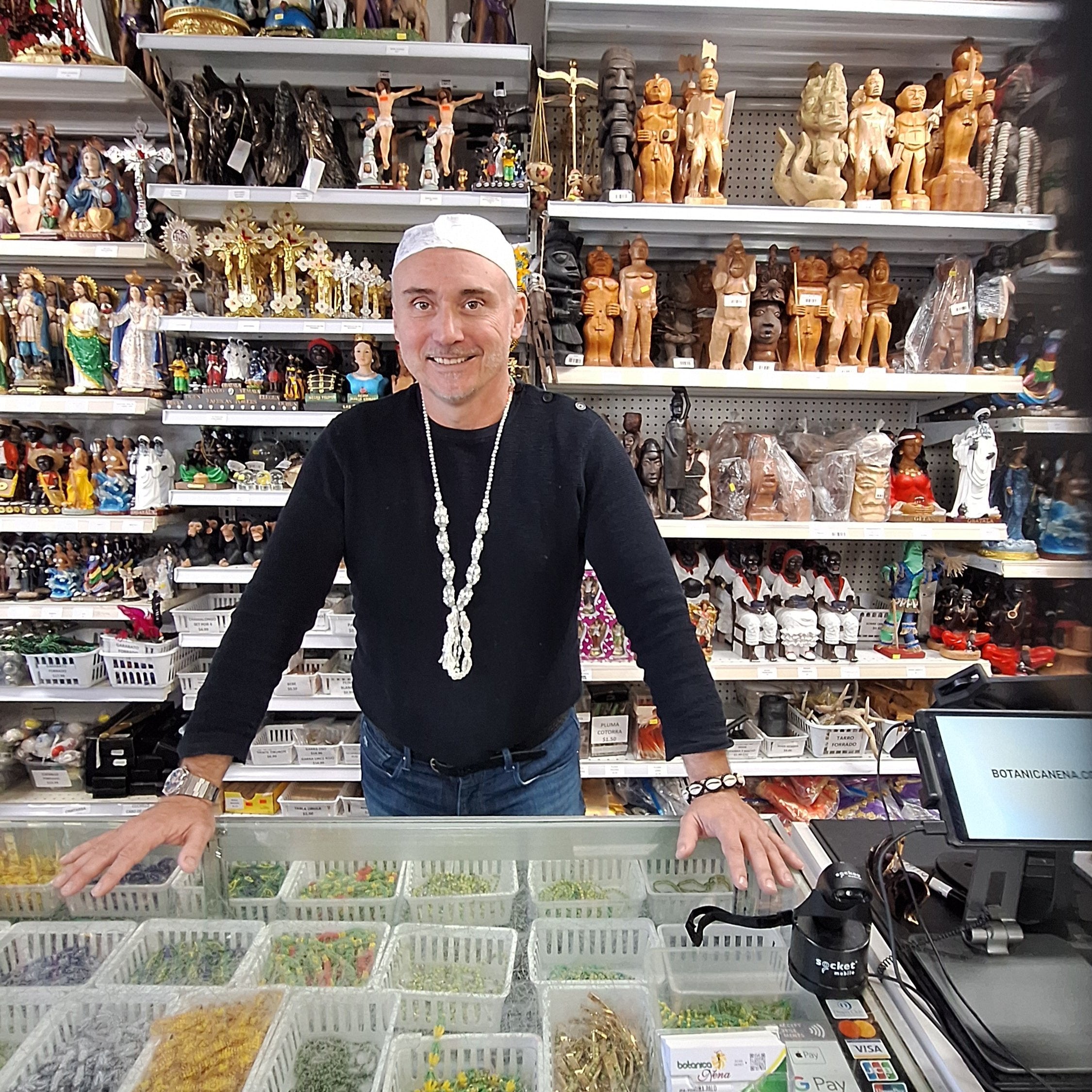




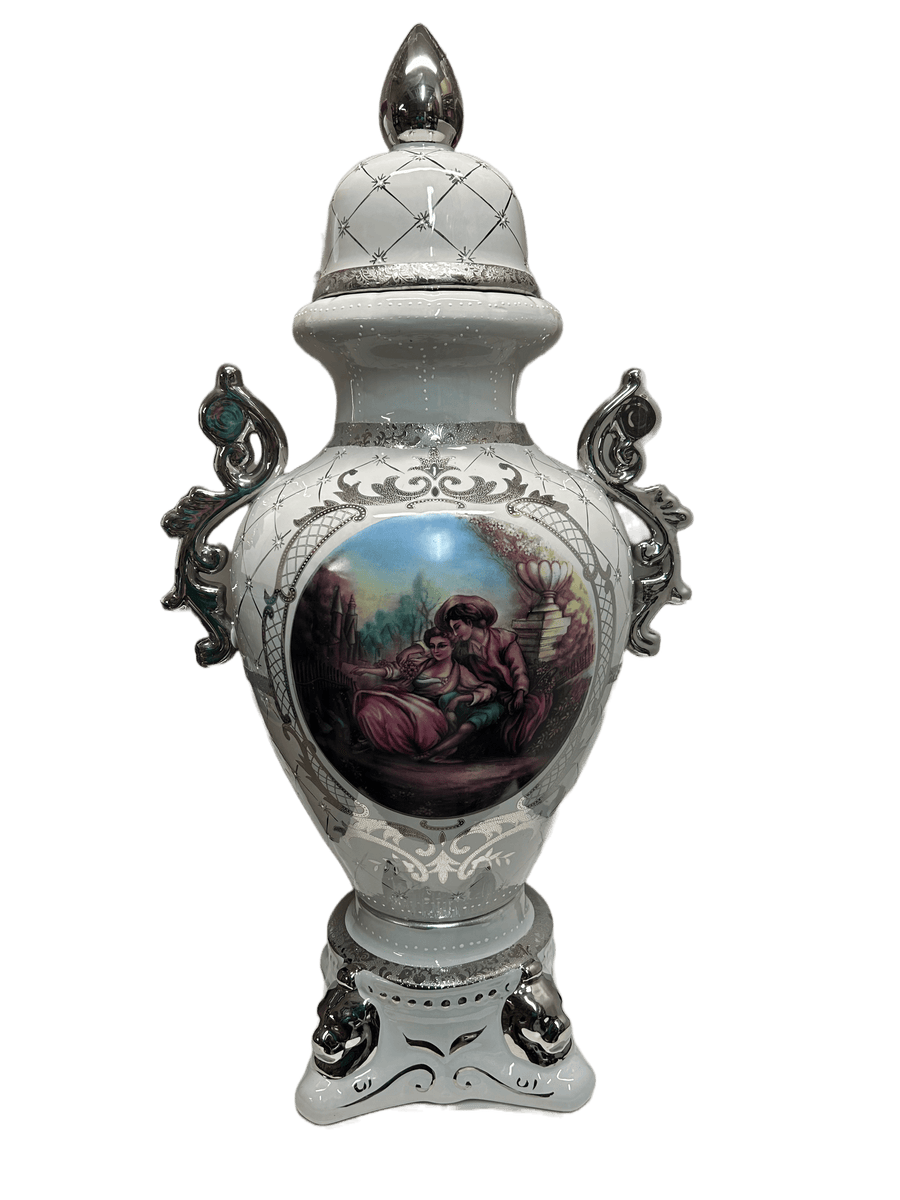
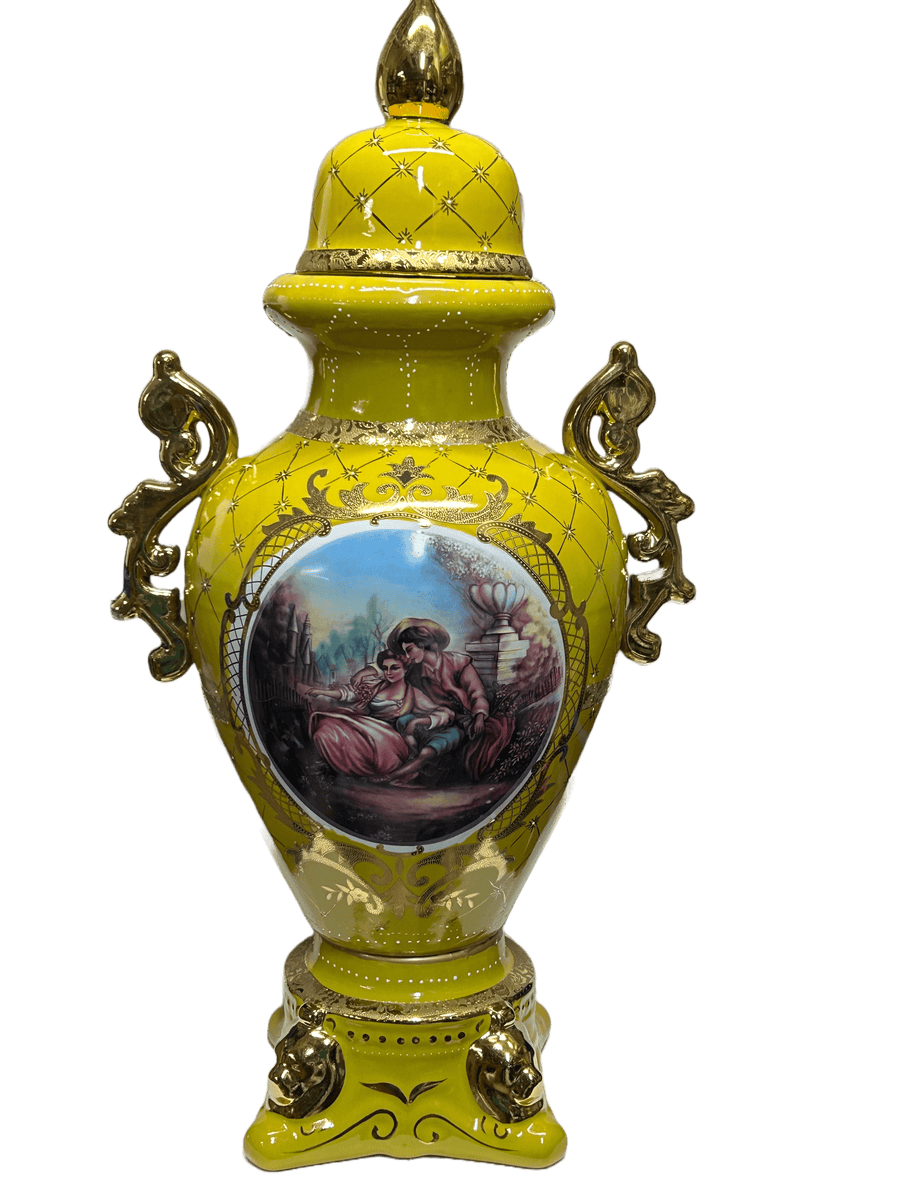
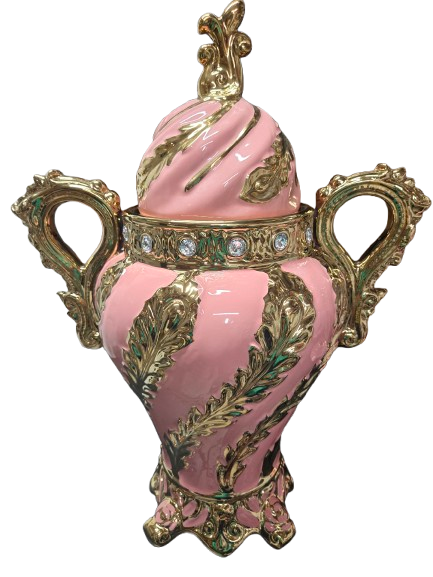

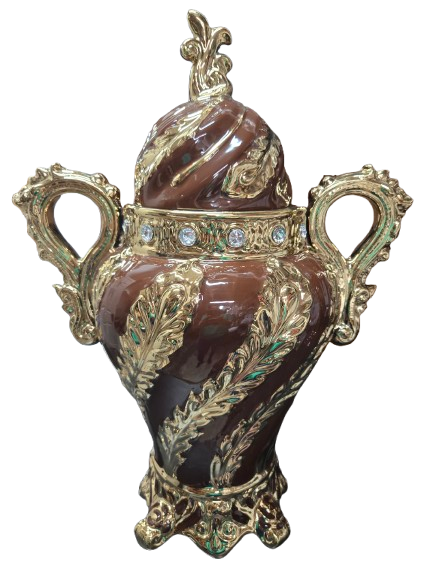
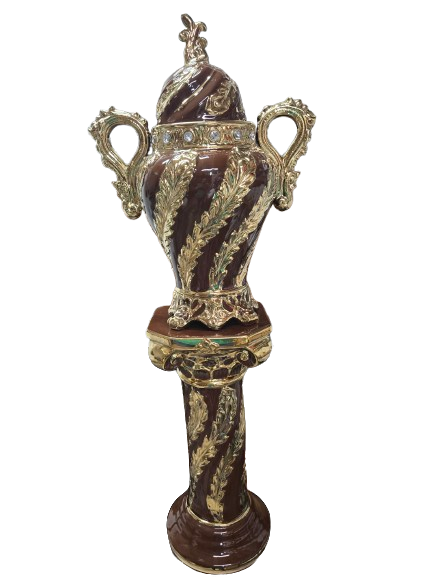
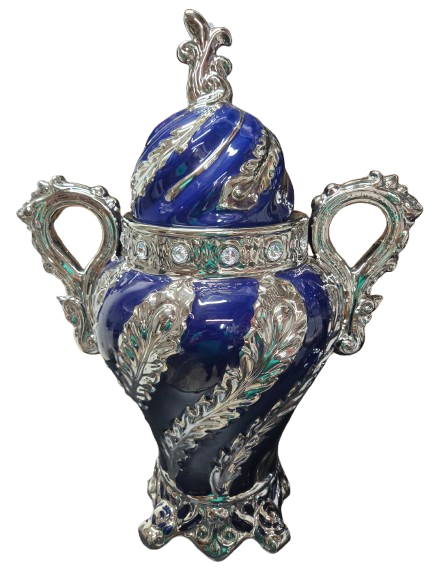
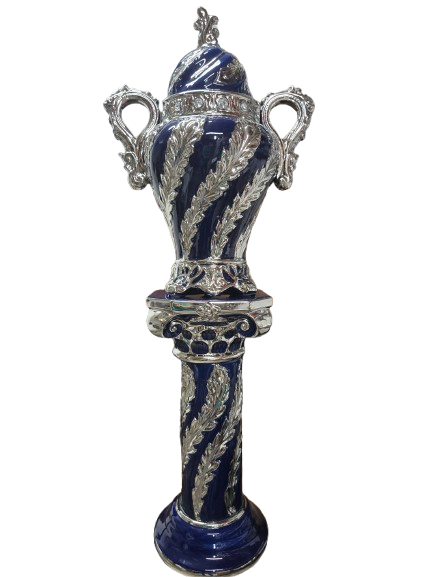

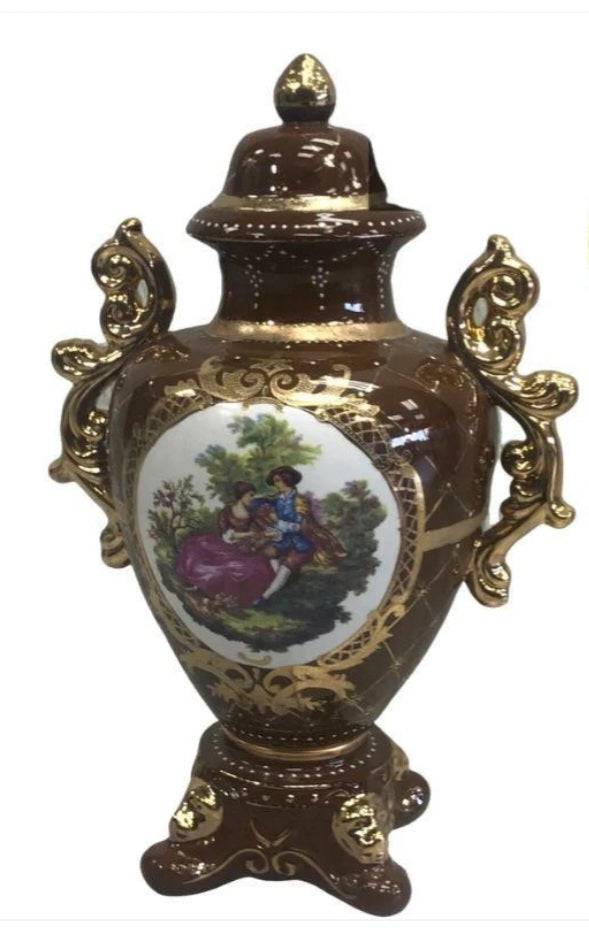
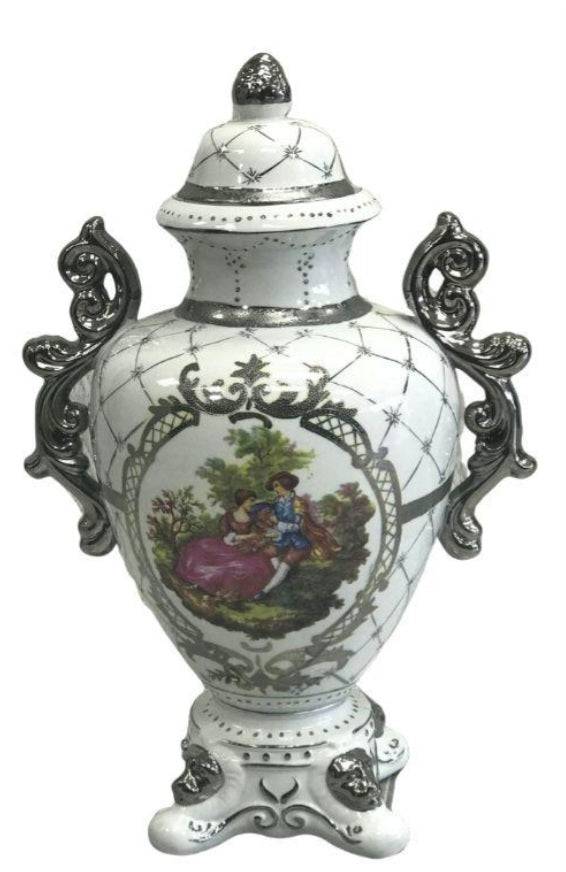
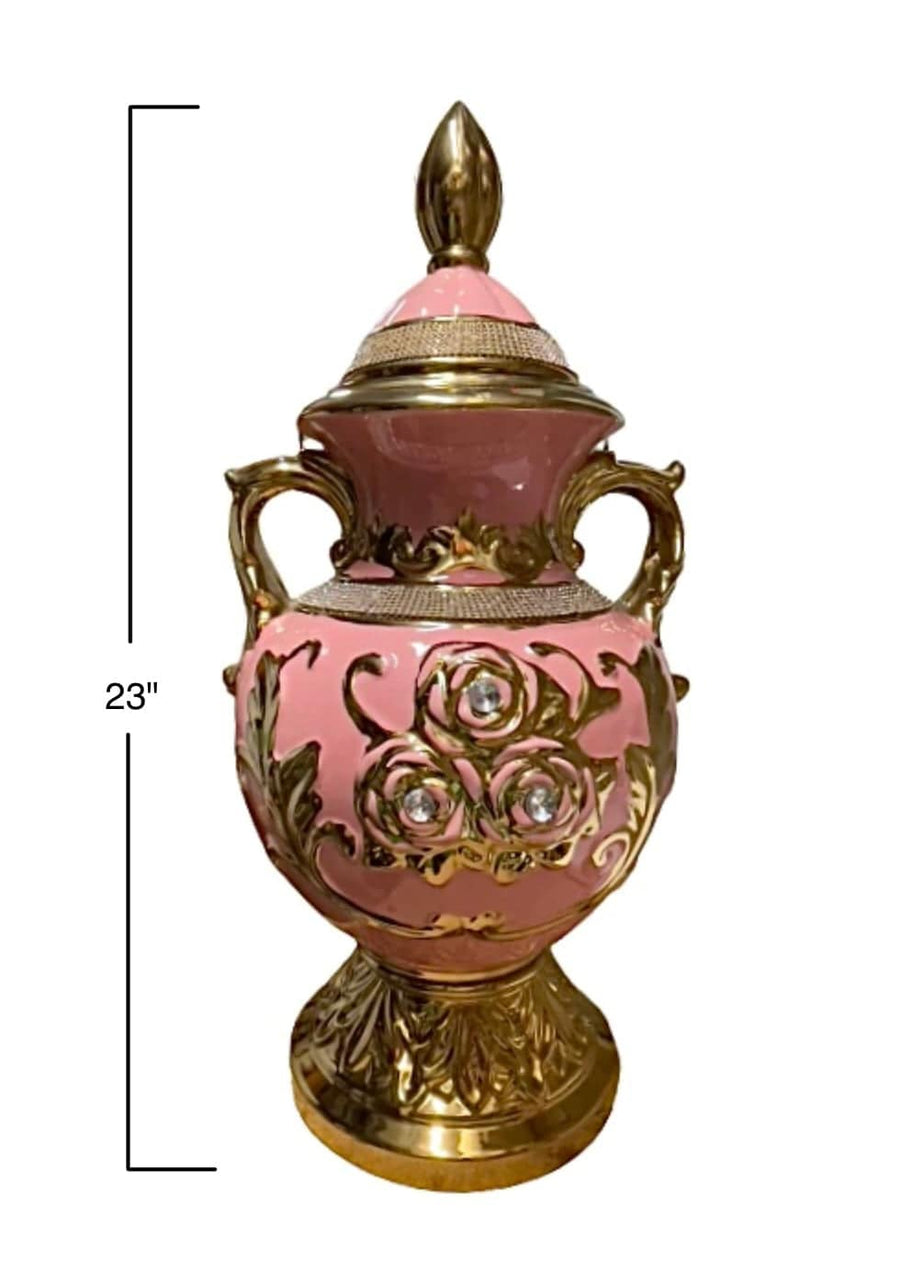
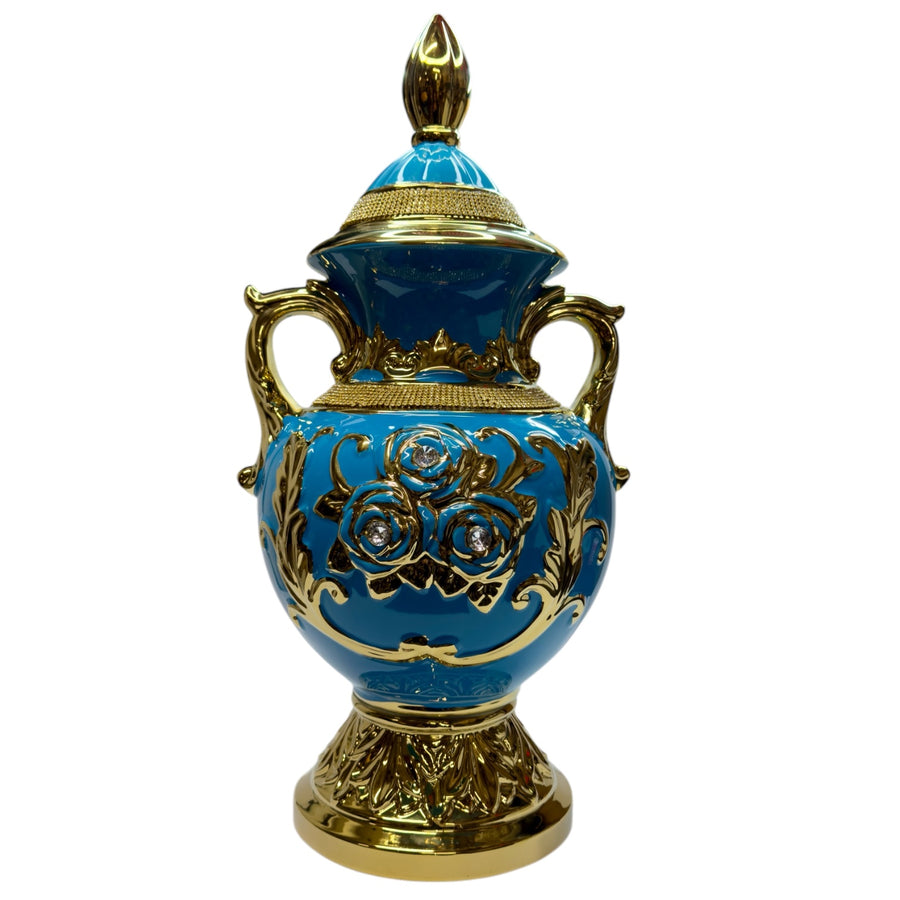
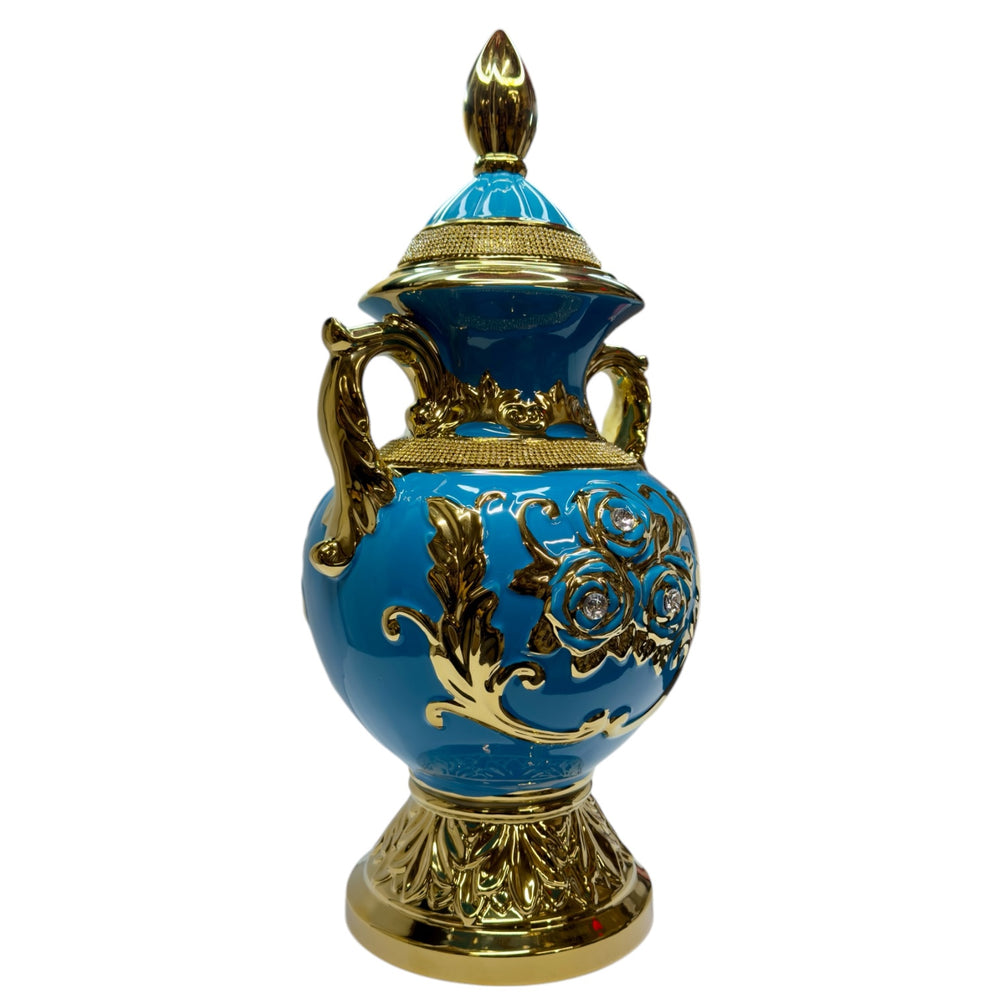
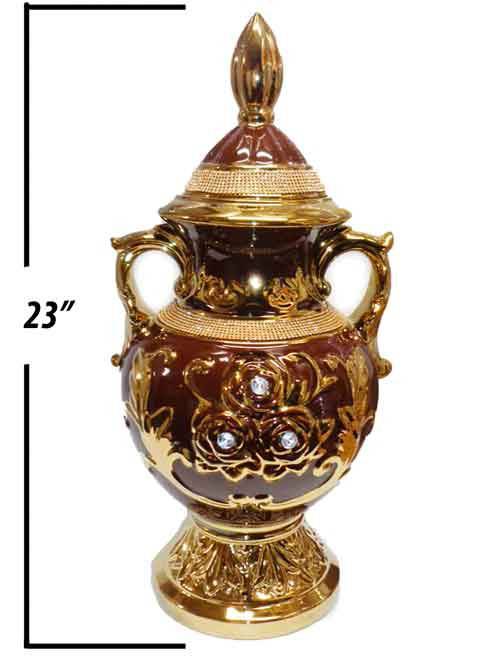
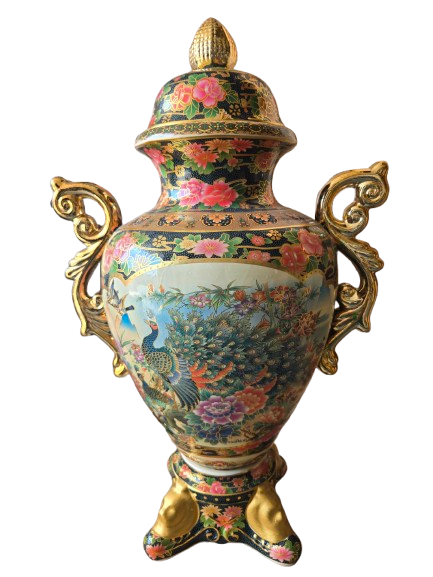
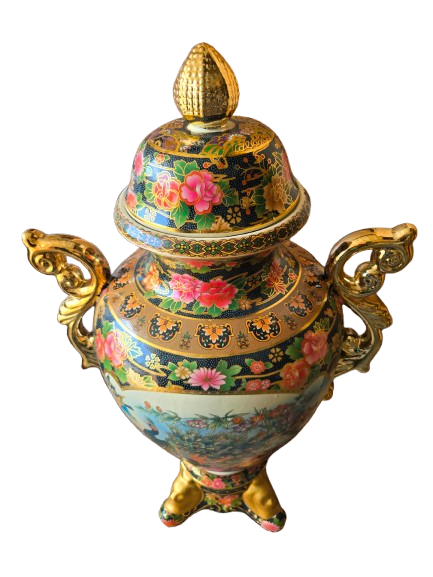

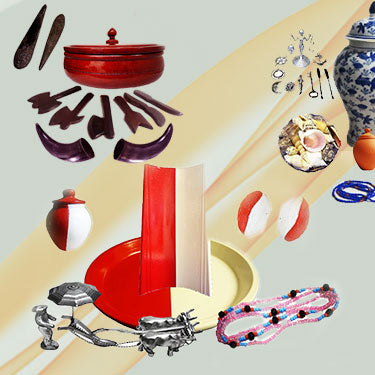

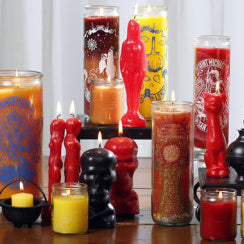
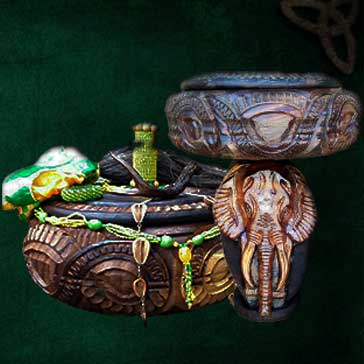

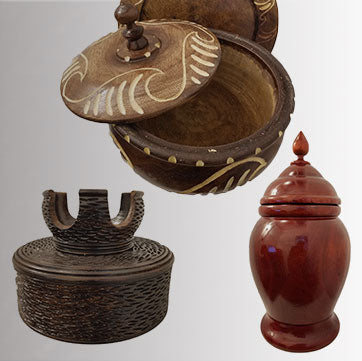
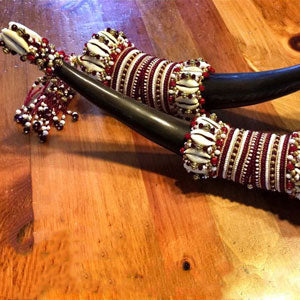



Dejar un comentario